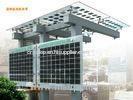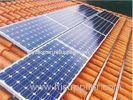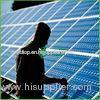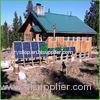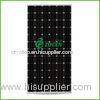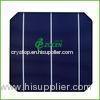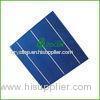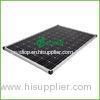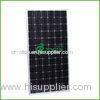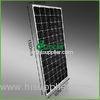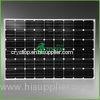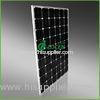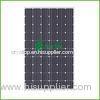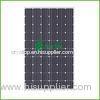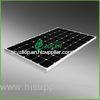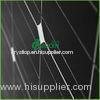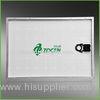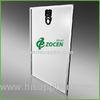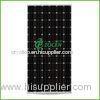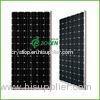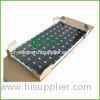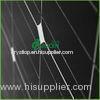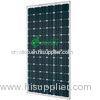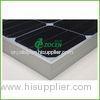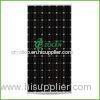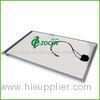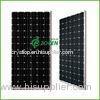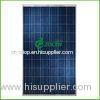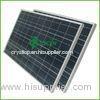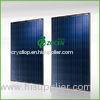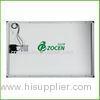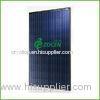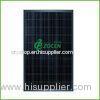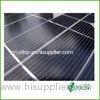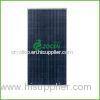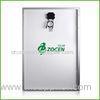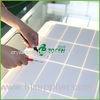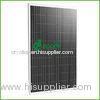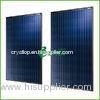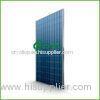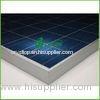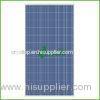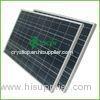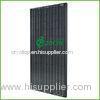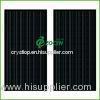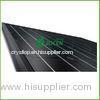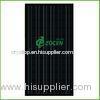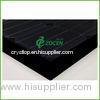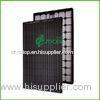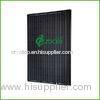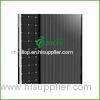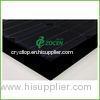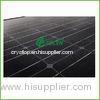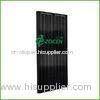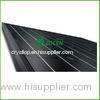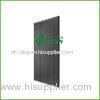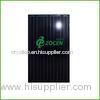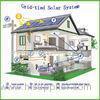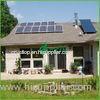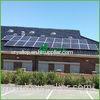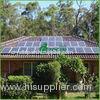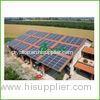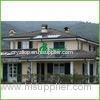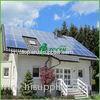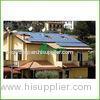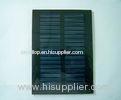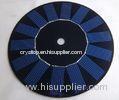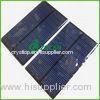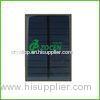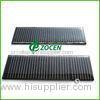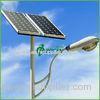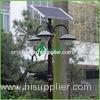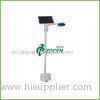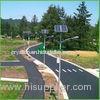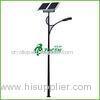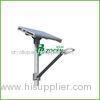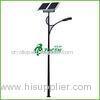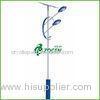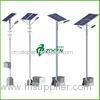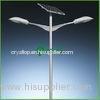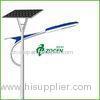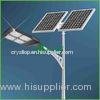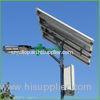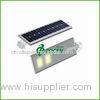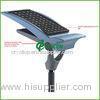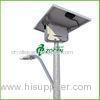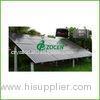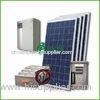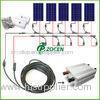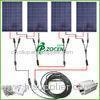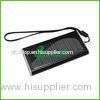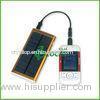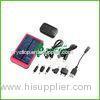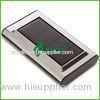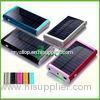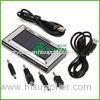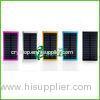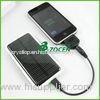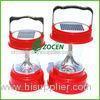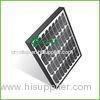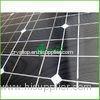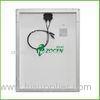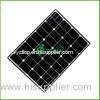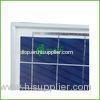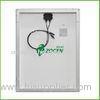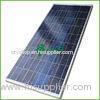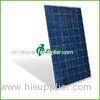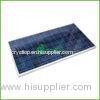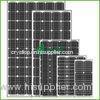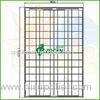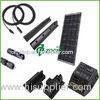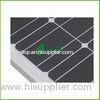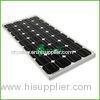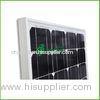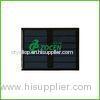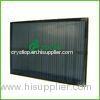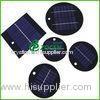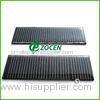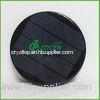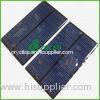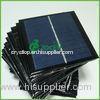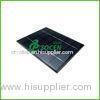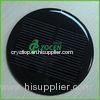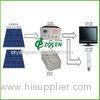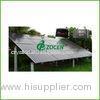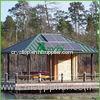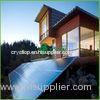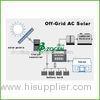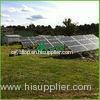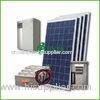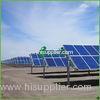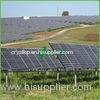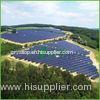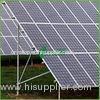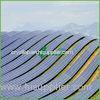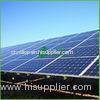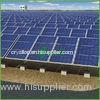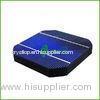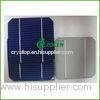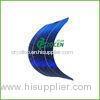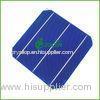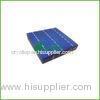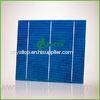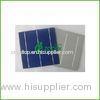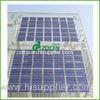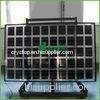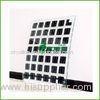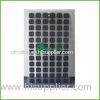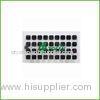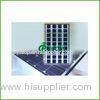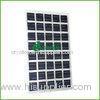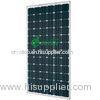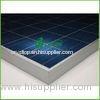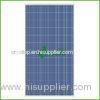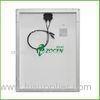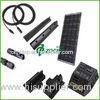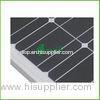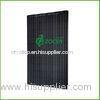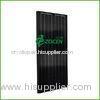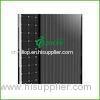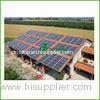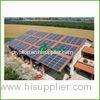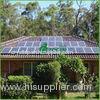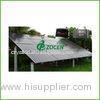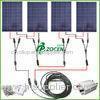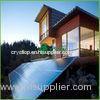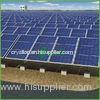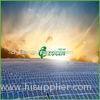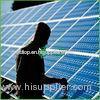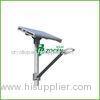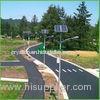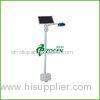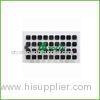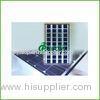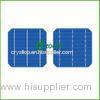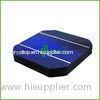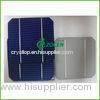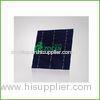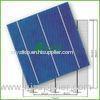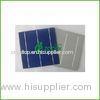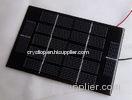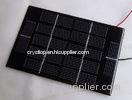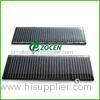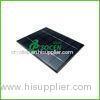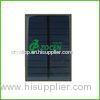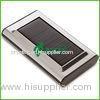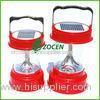Blue 8000800W 127V - 415V Large Scale Photovoltaic Power Plants 50Hz / 60Hz
| Place of Origin: | Zhejiang, China (Mainland) |
|
|
|
| Add to My Favorites | |
| HiSupplier Escrow |
Product Detail
Quick Detail:
<table border="1" cellpadding="0" cellspacing="0" style=
Quick Detail:
| Place of origin | China(Mainland) | Brand name | ZOCEN |
| Model | ZCGT-8.008MW | Specification | Normal |
| Application | Utility | Output Voltage | 127V-415V |
| Load Power | 8000800W | Solar Power | 8000800W |
1>Description:
Solar - Benefits of Solar Energy
Solar energy is a clean, renewable resource that is continuously supplied to the earth by the sun. Solar resources are available everywhere in worldwide, although some areas receive less sunlight than others, depending on the climate and seasons.
-
Environmental Benefits of Solar Power
1. The conservation of non-renewable energy resources
Photovoltaic (PV) solar power eases the usage of diminishing natural resources such as oil, coal and gas. Today, we live in an exceptionally demanding environment where the use of energy is growing at an alarming rate. It is vital to preserve the earth’s fossil fuels and other natural resources, not only for a healthier environment but also for the ability of future generations to meet their own needs.
2. Lower Rates of Waste and Pollution
PV solar power systems minimize the amount of waste production. For example, the entire process of converting coal to electricity produces a lot of dust, discarded solid waste, spillages of toxins and harmful emissions, as well as wasting energy, heat, land and water.
Pollution from non renewable fuels is inevitable. Emissions such as Sulphur Dioxide, Nitrogen Oxide and Carbon Dioxide all can have a negative effect on farming, people’s health and water. Ecosystems are also at risk of being destroyed. Furthermore, pollutants from kerosene used for lighting purposes is reduced with the use of solar power systems, as well as the decrease in use of diesel generators for the production of electricity.
3. Offsetting Green House Gases
PV Solar power systems produce electricity without giving off carbon dioxide. One PV Solar system can offset approximately six tons of CO2 emissions over a twenty year life span.
4. Reduction of Energy Usage
Solar power improves energy efficiency and is therefore very beneficial for Third World countries. Solar power electricity reduces the costs of conventional power for built up cities, and is cheaper for industrial and commercial purposes to run their operations. This leaves the use of PV systems to generate power for most of the developing world's population in rural areas.
5. Decrease in Disposing of Dry-Cell Batteries
Small dry cell batteries are used for appliances such as portable radios and flashlights, but are most commonly used in rural areas where there is lack of electricity .However, the lead from these disposed dry cell batteries can have damaging effects on soil and water. Solar power reduces the need of using disposable dry cell batteries and therefore decreases the risk of contamination.
- Economic Advantages of Solar Power
Today’s global environment is rapidly demanding increasing amounts of energy, and as fossil fuels are inevitably diminishing this is causing costs of energy to rise. Therefore, solar power is being increasingly utilized worldwide as a renewable source of energy, not only because of its environmental improvements but also for its economical benefits.
Setting up a solar power system in your property can increase its value and can be regarded as an effective investment. The Appraisal Institute reveals that by installing a Photovoltaic solar electric system, value of homes can increase by $20, 0000 for every $1,000 per year saved in operating costs.
Numerous countries are encouraging individuals and businesses to install PV solar power systems in order to improve the efficiency of energy costs. Many are offering enticing financial incentives such as:
1. Tax Returns:
some state laws allow the price of your solar power system to be deducted from annual taxes.
2. Solar Rebate Programs:
some areas offer a payment, subject to the size of your solar power system.
3. Feed in Tariff:
depending on your region, some utility companies offer to pay a specific fee to private generators of electricity.
4.Net Metering:
this is when your PV solar power system generates more power than you actually need. For example, a growing number of states in the US are allowing PV system owners to sell excess solar generated energy back to utility companies. This allows meters to run backwards, in turn producing credits on electricity bills. Therefore, as energy costs rise, economic returns on solar power systems will also relatively increase.
5. Incentives:
There are two types of incentives that can be applied. One that depreciates the PV solar system aggressively over a five year period, which is beneficial when it comes to reducing taxable income over that period. The second federal incentive is the 30% business tax credit for PV solar systems which is a 30% tax relief against the cost of the system (up to $2,000 for residential installations.) Both of these federal incentives are especially advantageous for PV systems in commercial use.
2> Specifications
| Solar Panels | 32032pcs, 250W Polycrystalline panels |
| Inverter | three phases 8MW outdoor on grid inverters |
| Bracket | aluminum bracket one set |
| Combiner | ABB/Schneider200-900VDC |
| Solar dog | Monitor |
| Cable | 4/6 S.q.mm one set |
| AC power | 8000800Watt |
| Nominal AC voltages | 127V-415V |
| Nominal AC frequency | 50Hz/60Hz |
| Efficiency | 98.00% |
| Euro ETA | 97.70% |
3> Features:
- One-stop service from components to logistics
- High-efficiency solar modules included
- Provides long term and reliable power performance
- With over-voltage, low and overload protection
- Easy-to-install
- Fast and accurate delivery; no waste and waiting time
- Free pre-sale technical support, including system design
Related Search
Find more related products in following catalogs on Hisupplier.com
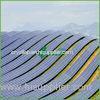
Company Info
Jieyang Zhongcheng Group Co. Ltd [China (Mainland)]
Business Type:Manufacturer
City: Shenzhen
Province/State: Guangdong
Country/Region: China (Mainland)
You May Like:
Sitemap XML
About HiSupplier Help Center Customer Service Friend Links Site Map Archives
Browse by: China Suppliers - Hot Products - Products Directory - Offers Directory - Suppliers Directory - Buyers Directory
Language Option: العربية - Nederlands- Français- Deutsch- Italiano- 日本語- 한국의- Português- Pусский- Español



